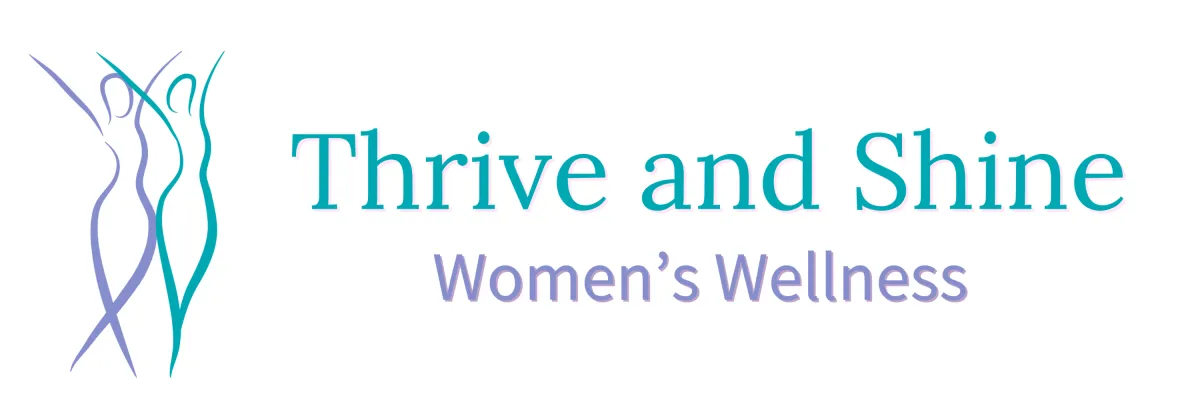Free Resources
Free resources
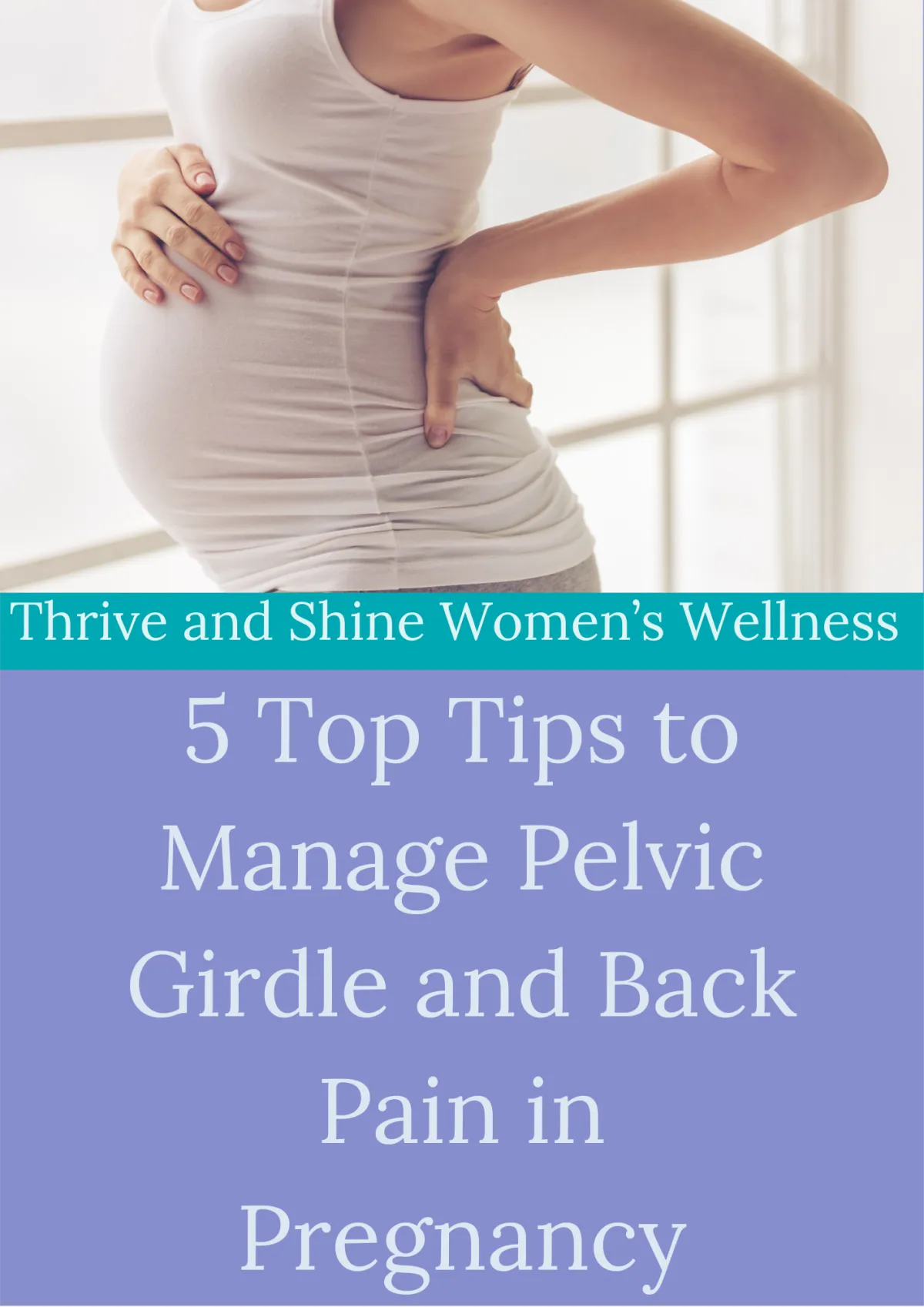
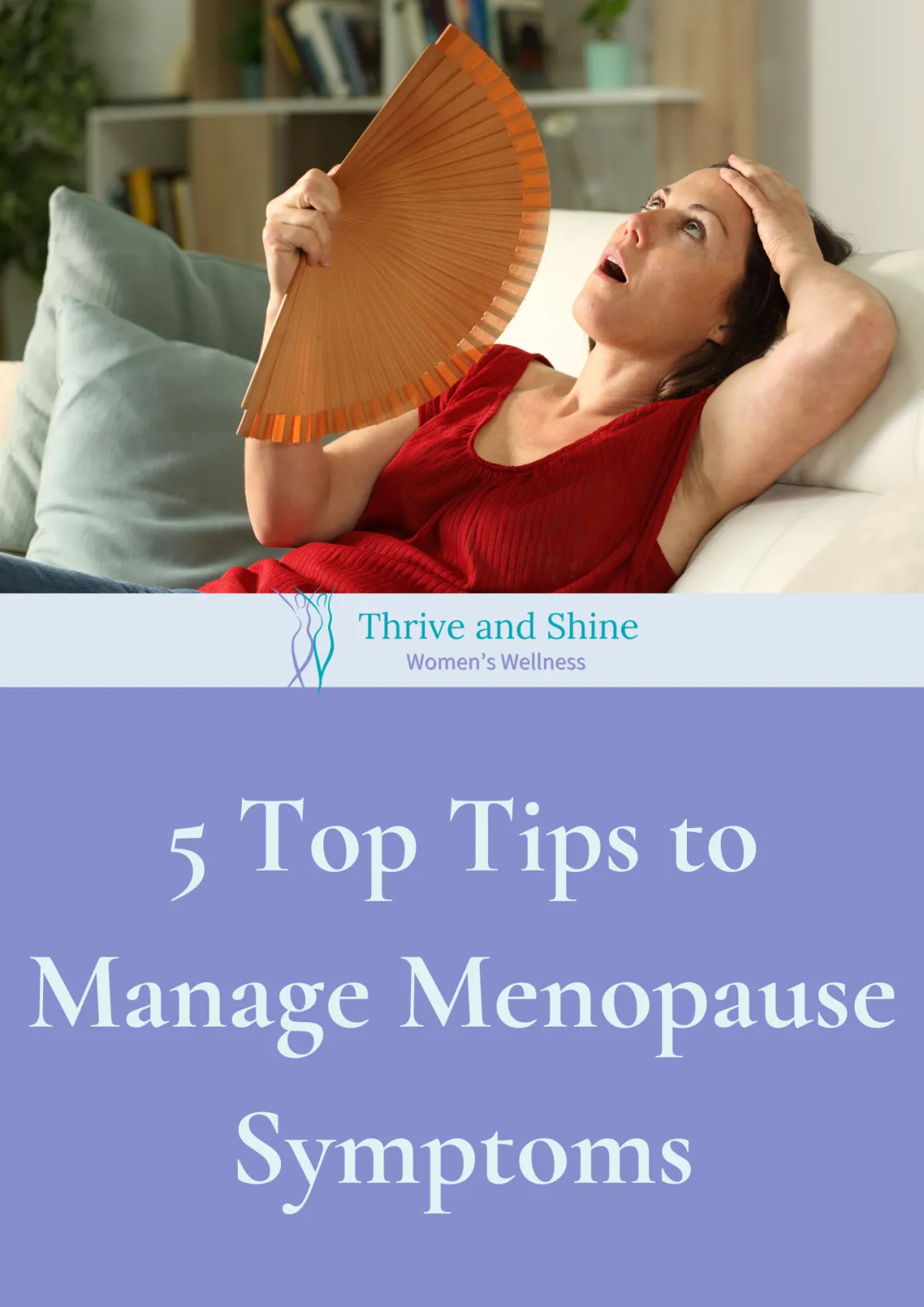
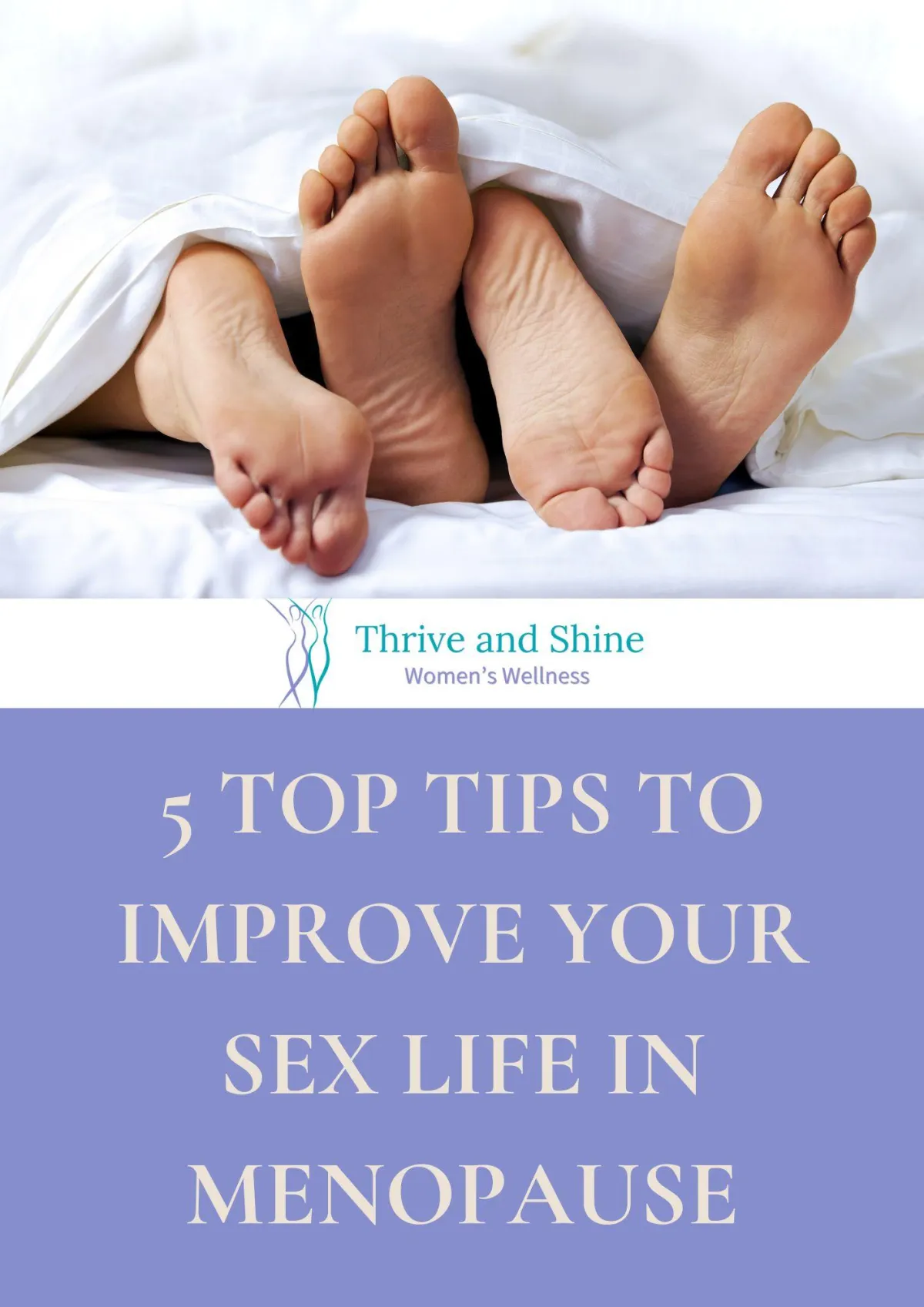
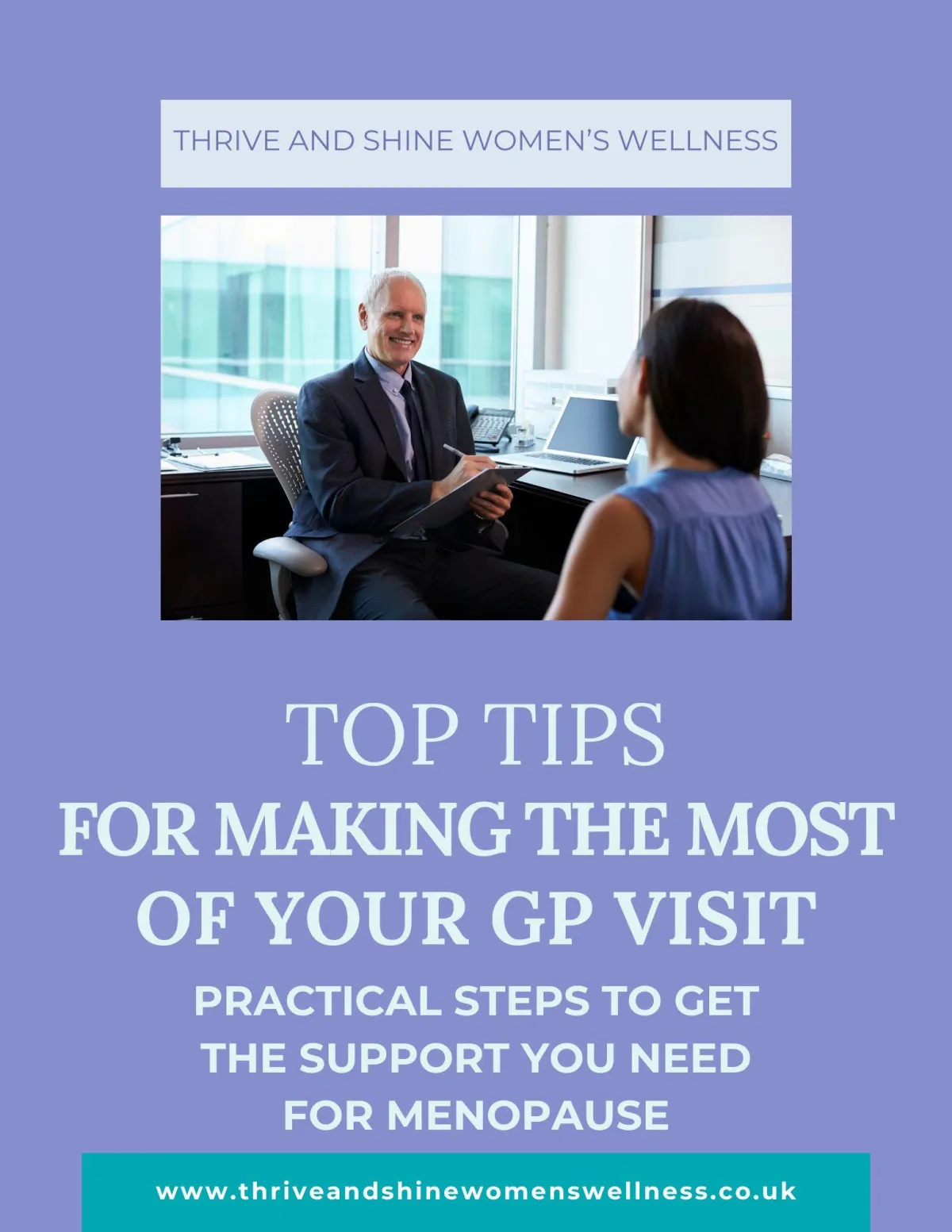
Check out our blog for tips and advice about women's health.

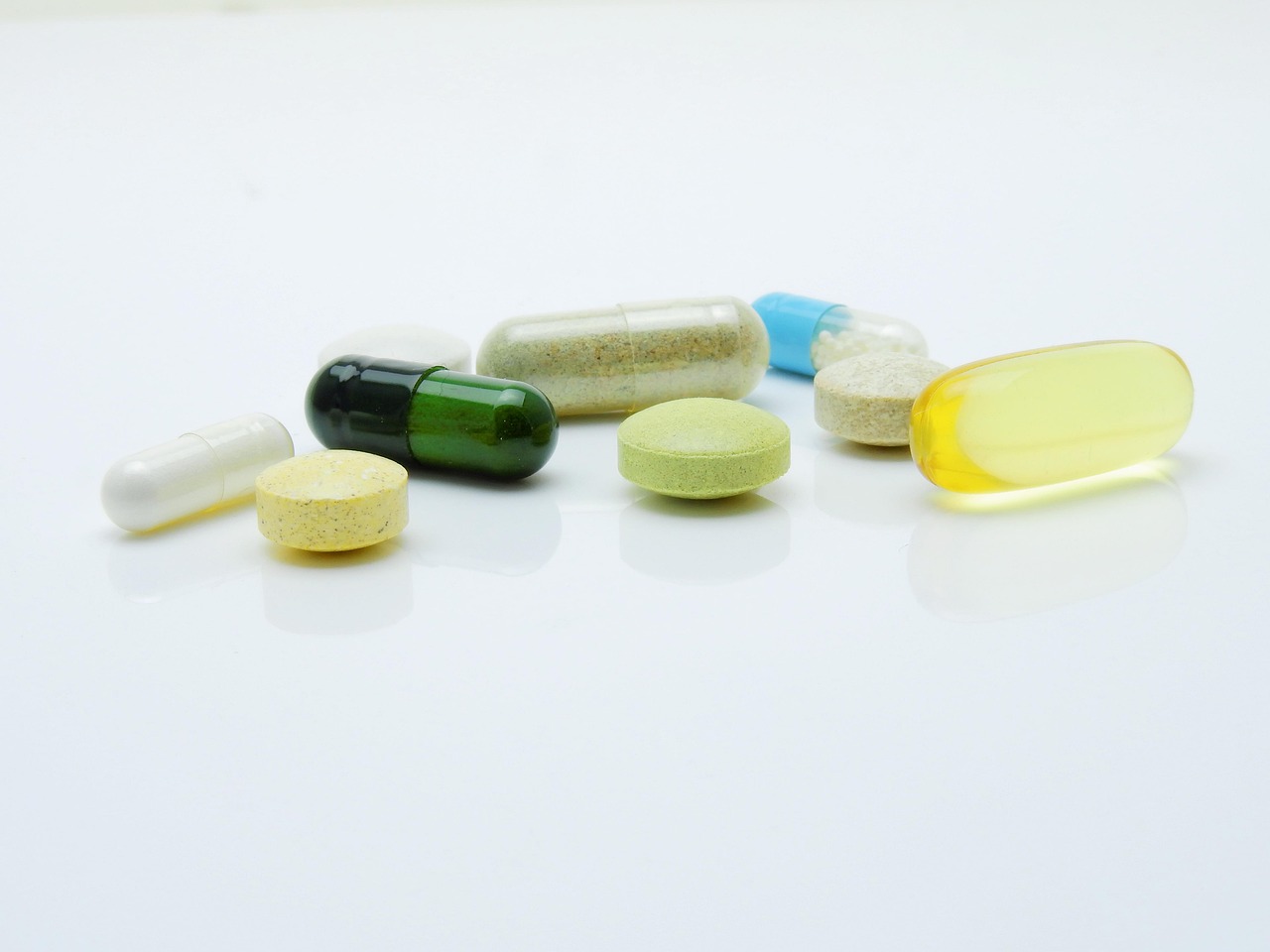
Best (and Worst) Supplements for Women in Menopause
Best (and Worst) Supplements for Women in Menopause
By Roberta Bass, Women’s Health Physiotherapist
Thrive and Shine Women’s Wellness | Making Sense of Women’s Health Podcast
The supplement industry is booming — but how do you know which products actually support your health during menopause, and which ones are just hype (or potentially harmful)?
In this post, I break down some of the most commonly used vitamins, minerals, and herbal remedies for midlife women. We’ll look at which supplements have good evidence behind them, which ones have mixed results, and which might be best avoided altogether.

What Are Supplements?
Supplements are concentrated sources of nutrients — usually vitamins, minerals, or plant-based compounds — taken in capsule, powder or liquid form. Some women take them to ease hot flushes, improve sleep or mood, support joint health or prevent deficiencies.
But unlike medications, supplements in the UK are not tightly regulated. That means quality, dosage and purity can vary, and some products may contain unlisted ingredients. That’s why it’s important to choose carefully and know what’s worth your time and money.
Supplements to Be Cautious With
Certain supplements are best avoided unless prescribed or recommended by a healthcare professional:
Vitamin E – Mixed evidence for hot flushes; high doses may increase bleeding risk.
High-dose iron – Can be toxic unless you have diagnosed deficiency.
Hormone-based herbal blends – May interact with medications or HRT.
Detox teas or cleanses – Often contain laxatives or diuretics with no proven benefit.
Remember: “natural” doesn’t always mean safe.
Supplements With Good Evidence
These nutrients are backed by research for supporting menopause-related symptoms and general health:
Vitamin D – For bone health, mood and immune function.
Magnesium (glycinate or citrate) – For sleep, anxiety, and nervous system support.
Omega-3 (EPA/DHA) – Supports brain, mood, joints and cardiovascular health.
Turmeric (curcumin) – Anti-inflammatory, may ease joint pain.
Collagen peptides – Supports joint and skin health when taken consistently.
Folic Acid – May support cognition and reduce hot flushes.
Vitamin C, B6, B12, and K – All play key roles in immune support, energy, mood, and bone health.
Calcium – Vital for bone strength postmenopause, especially when taken with vitamin D.
Supplements With Mixed or Limited Evidence
These may help some women, but the research is still evolving:
Sage – Low-risk and may help with hot flushes (often taken as tea).
Red Clover & Black Cohosh – Plant oestrogens; effects vary and may not suit hormone-sensitive conditions.
Evening Primrose Oil – Some find it helpful for breast tenderness or flushes.
Maca Root – Promising early research, especially for mood and energy.
Probiotics – May support gut and vaginal health, though some experience bloating or discomfort.
When to Be Extra Careful
Avoid taking supplements without medical advice if you:
Are on medications (e.g. antidepressants, HRT, thyroid meds, blood thinners)
Have a chronic condition (e.g. kidney, liver, heart, autoimmune)
Are pregnant, breastfeeding, or TTC
Are already taking multiple supplements or eating a nutrient-rich diet — more isn’t always better
Final Thoughts
Some supplements — like vitamin D, magnesium, omega-3 and folic acid — have real benefits for women during perimenopause and beyond. Others may be helpful for specific symptoms, and a few are best avoided entirely.
Food should always come first. But if you are considering a supplement, make sure it’s high-quality, evidence-backed, and safe for your individual needs.
🎧 Listen Now
This blog is based on the latest episode of Making Sense of Women’s Health. If you want to explore the benefits and risks of supplements for menopause symptoms in more detail, listen to the full episode on your favourite podcast platform.
For 1:1 support — including Menopause MOTs and tailored advice — visit:
👉 www.thriveandshinewomenswellness.co.uk
If you are in the corporate world or run your own business then check out my free webinar
Elevating Business Success
5 key benefits of supporting women's health
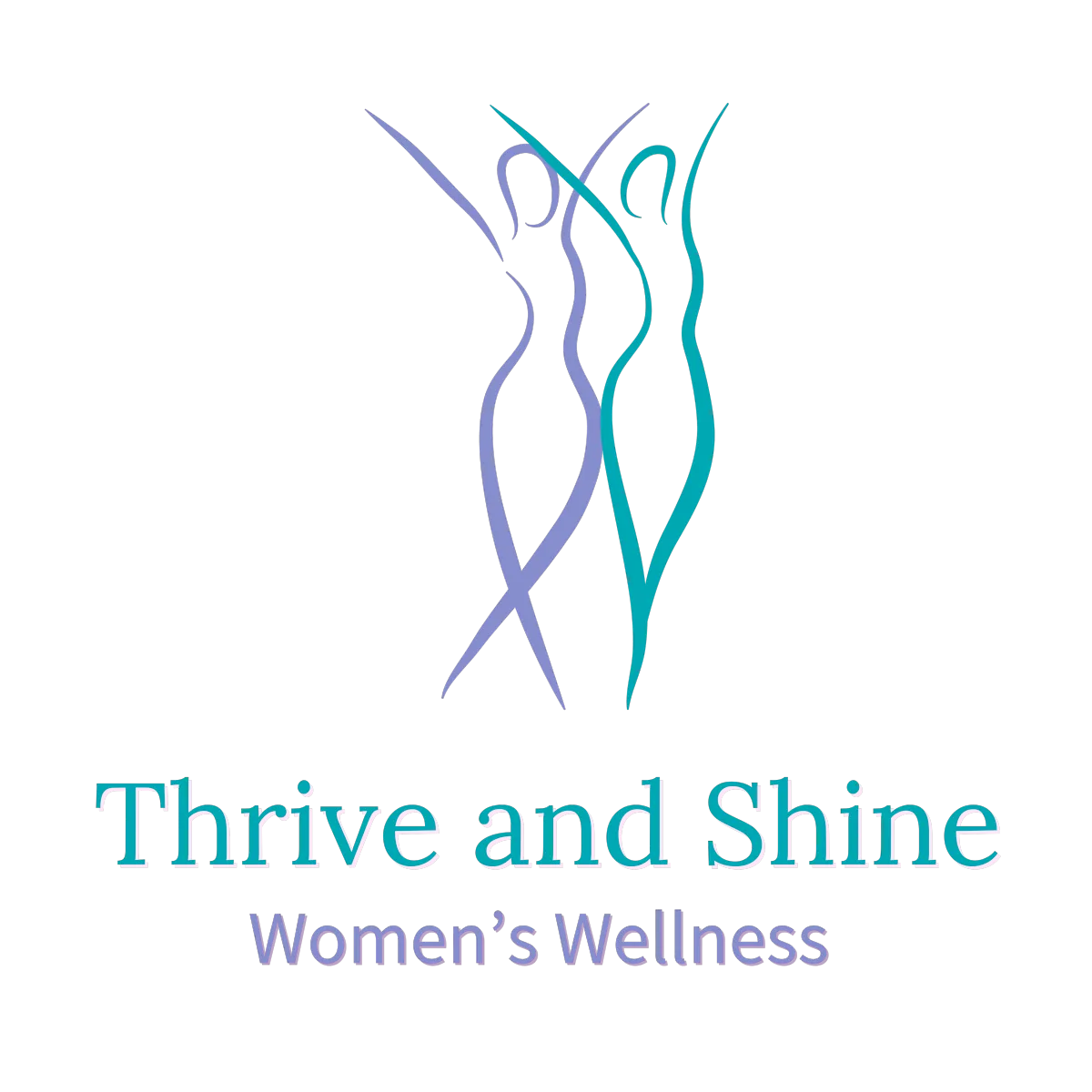
Sign up for our newsletter.
